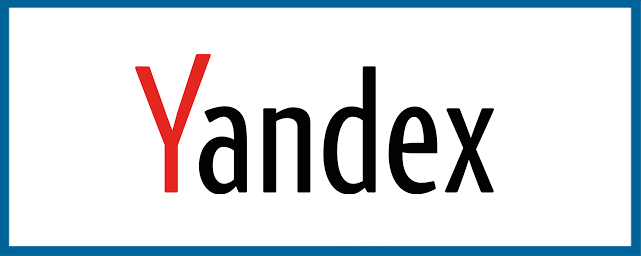Author Guidelines Peer Review Reviewers Focus and Scope Publication Ethics Copyright Notice Author(s) Fee Plagiarism Policy Indexing Statistics
Privacy Statement
The names and email addresses entered in this journal site will be used exclusively for the stated purposes of this journal and will not be made available for any other purpose or to any other party.
Editors
The editors of the IFJIR decide which of the submitted articles should be reviewed and published. This decision must always be driven by the validation of the work and its importance to researchers and readers. The head editor should prevent libel, copyright and plagiarism seriously. The publisher must evaluate manuscripts for their content, regardless of race, sex, sexual orientation, religion, ethnic origin, citizenship or political philosophy.
Nothing other than the relevant author(s), examiners, prospective reviewees, other editorial advisors or publisher may disclose information about the manuscript submitted by editors or editorial personnel as applicable. Unpublished documents contained in a presented manuscript should not, without the written consent of the author(s), be used in the editor's own research. Privileged information or ideas collected through a peer review should be maintained in confidence and should not be used for personal benefit.
Editors should refuse to take manuscripts into consideration where conflicts of interest exist. If competing interests are revealed after publication, editors should require all contributors to communicate relevant competing interests and to make corrections public. When ethical complaints have been made about a manuscript or published paper submitted in conjunction with the publisher (or society), an editor should take reasonably responsive steps. Every reported act of unethical publishing behaviour, although discovered years after publication, must be examined.
Reviewers
The editor in charge can make editorial decisions and editorial communications with the author(s) through a peer review. Any selected referee whose research reports in a manuscript are unqualified, or who is aware that its prompt review will not be possible, should inform the editor in head and apologise for the review process. Every manuscript that has been received for examination must be treated as confidential.
Objectively, reviews should be performed. The author(s) have inappropriate personal criticism. With supporting arguments, referees should make their opinions clear. Any statement which has previously been reported on an observation, derivation or argument should be followed up by relevant citations. Any substantial similarity or overlap between the manuscript to be considered and any other published paper with personal knowledge should also be drawn to the editor-in - chief 's attention. In the reviewer's own research unpublished materials disclosed in a filed manuscript must not be used without the written consent of the author(s) expressed. Privileged information or ideas obtained by a peer review shall be kept confidential and shall not be used for personal benefit. The examiner should not take into account manuscripts with conflicts of interest.
Authors
The authors of an original study report should accurately consider the research carried out and discuss its meaning objectively. Data and quotes should be accurately represented in the paper. Fraudulent or deliberately imprecise statements are ethical and unacceptable behaviour. Plagiarism takes many forms, ranging from the use of another paper as its own paper or the copying, without attribute, or the claiming of results from other research. Plagiarism in all its forms is unethical and intolerable publication.
In general, an author should not publish in more than one journal or primary publication a manuscript which essentially describes the same research. To send more than one journal the same manuscript at the same time constitutes unethical and unacceptable publishing behaviour. Information received in private shall not be used or disclosed without explicit and written consent by the source(s), such as conversation, correspondence or discussion with third parties. Authorship should be restricted to those who have contributed significantly to the design, design, implementation or interpretation of the study reported, and who saw and agreed to submit the final version of the paper for publication. All authors should disclose in their manuscripts any financial or other substantive conflicts of interest. When an author discovers a significant error or inaccuracy in his/her own published work, it is the author’s obligation to promptly notify the IFJIR’s editor-in-chief and cooperate with the editor to retract or correct the paper.

































